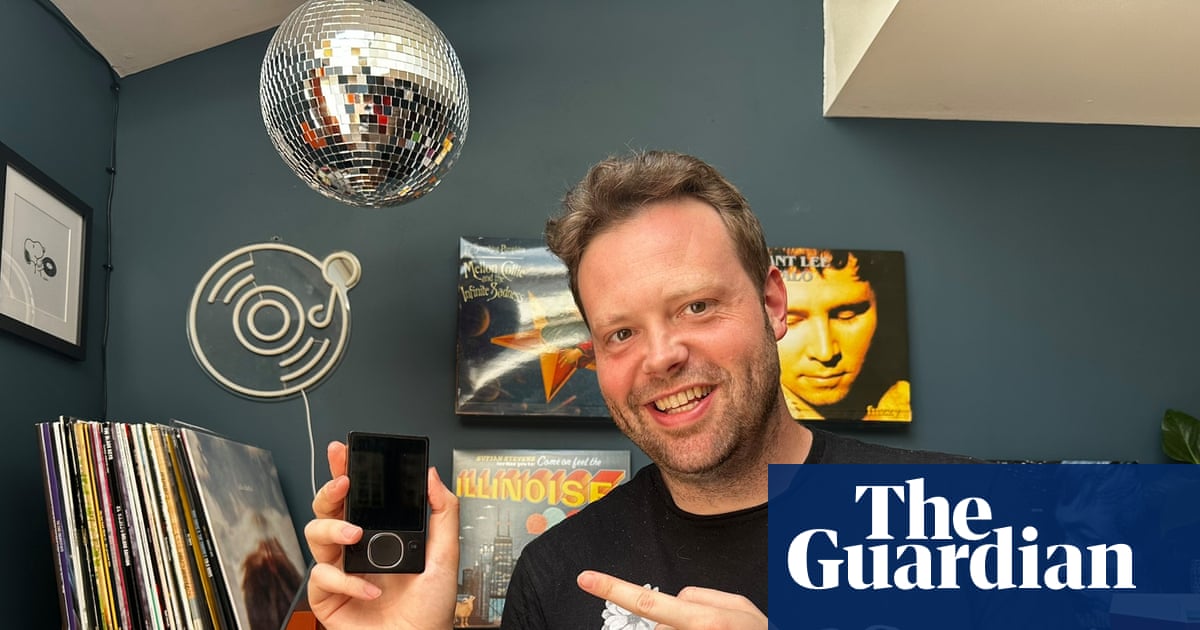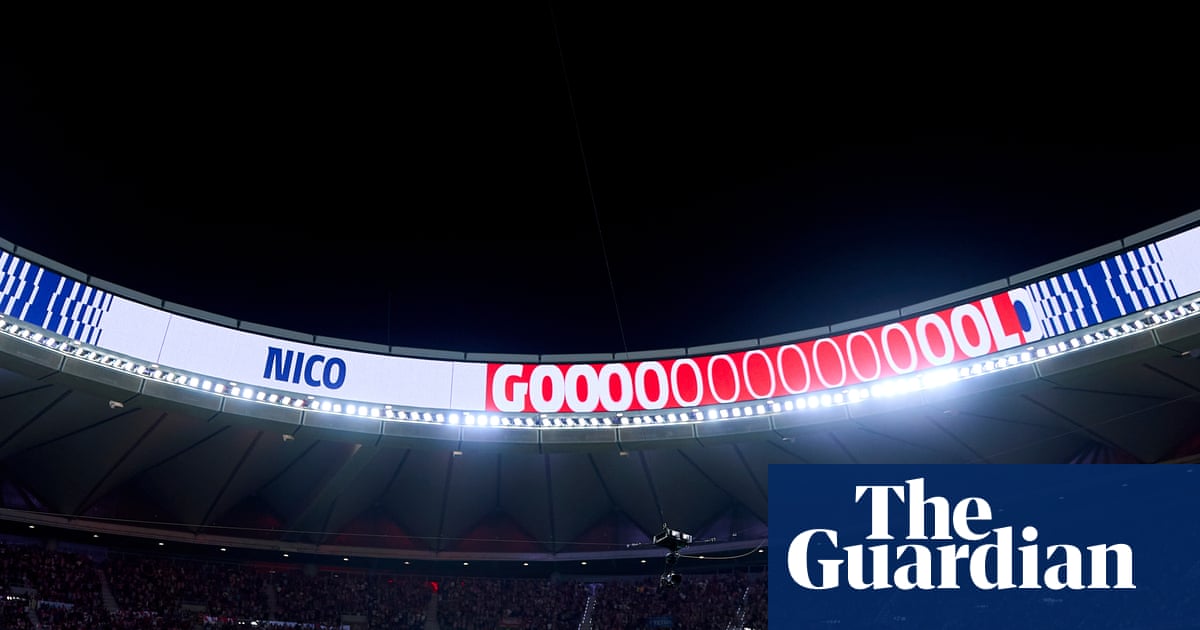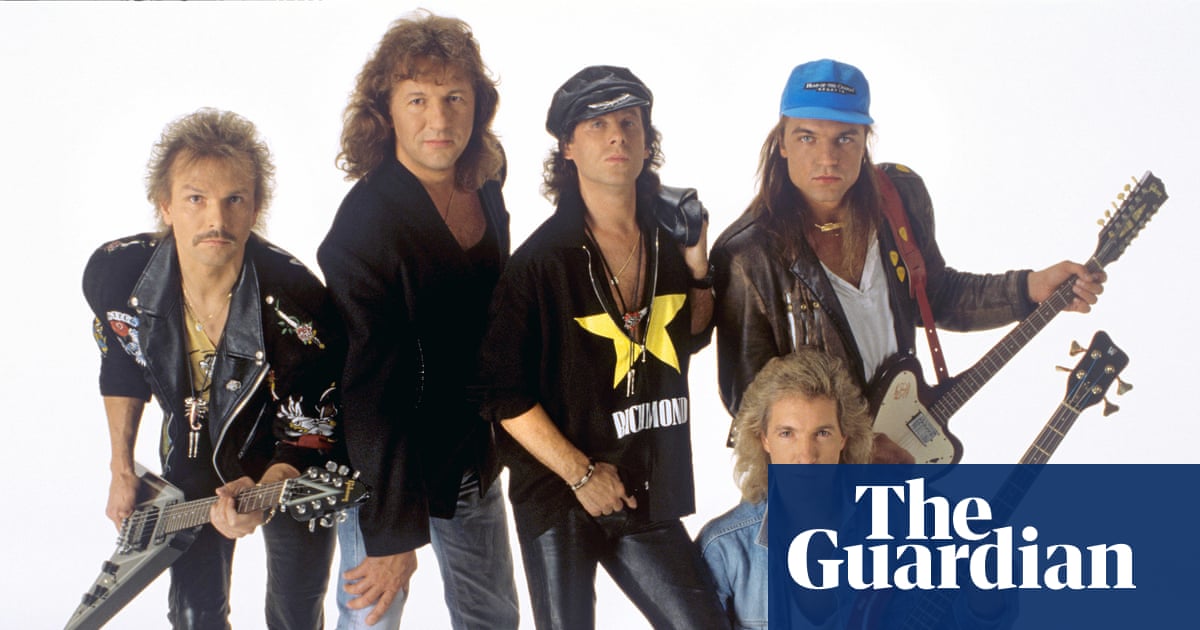In all-black outfits dripped out with metal chains, polarized cycling glasses, and bejeweled vapes, throngs of techno disciples descended on New York City’s Knockdown Center ready to put in work.
It was Friday at midnight in the 50,000-sq-ft former glass factory turned arts center, and dancers were already clocking into their shifts as unrelenting bass drums reverberated against the pitch-black windows overhead. For the first time, programming at the venue’s flagship Wire festival, in its fourth edition, would extend from Friday evening to Sunday evening: 50 straight hours of music, presented by some of the world’s best in the electronic underground. The prospect of such a long stretch filled the space with an air of both commitment and mania; some local nightlife regulars I greeted throughout the weekend would stay for periods up to 15 hours. “It’s a marathon, not a sprint,” a friend reminded me as we settled in, canned yerba mates in hand.
Juliana Huxtable, the multidisciplinary artist who splits her time between New York and Berlin, and DJ Stingray 313, a techno futurist who came up with the genre’s originators in mid-1980s Detroit, established the festival’s intrepid tone on the main stage. While perhaps less outwardly sensual than Huxtable’s usual entries, it was no less provocative as it zigzagged between terrifying noise and playful electro. The pairing of the two iconoclasts — as well as curation from queer parties such as Berlin’s Pornceptual, Amsterdam’s Sprielraum, and the annual Whole festival in Germany — exemplified the aims of Wire co-founders Téa Abashidze and GeGa Japaridze (also the masterminds behind the club Basement) to “promote cultural exchange” by connecting local icons with international talent from countries where there is more government funding for dance music. “One of the main goals for Wire festival is to help electronic music come back to the US [where it was invented], and have it be the primary place for it to reside,” Japaridze said.

The resulting lineup, which notably did not include any figureheads made famous by the likes of TikTok and other mainstream channels, has made Wire a necessary festival in maintaining New York’s reputation as a techno destination, which has arguably fizzled in the past decade. Some of the city’s most exciting emerging talents – such as Morenxxx, who has gained an underground following for their world-hopping, relentlessly fast sets, and Makadsi, the Lebanon-born DJ who happens to be Beyoncé’s creative director – were tasked with opening each evening, establishing that the scene is far from dead.
However, the music did shockingly stop when a wannabe DJ stormed the barricade, removing a USB from the decks during D Dan and DJ Tool’s set, in a supposed attempt to take over the show. In the couple minutes of jarring silence, the man struggled with security as he sat atop the equipment; these are new risks as venues increasingly opt for setups where spectators can hover closely behind the DJ, made popular by streamers such as Boiler Room. The Berlin mainstays eventually recovered, delivering one of the weekend’s most transcendent moments in the wee hours of Saturday morning. At that same time, Berlin’s Boris and New York’s Volvox began commanding the decks in stage two’s smaller space to a freaky throng of mostly shirtless meatheads who made the air so thick it was as if the room itself was sweating. While the festival crowd was overall more considerate – and willing to move their bodies – than attenders at a club, the festival also didn’t sell food at night, making it feel like a larger-scale version of a regular night at the rave; I subsisted off fig bars and electrolyte packets I had stashed in my hip bag until eventually going home at 7am to eat breakfast.
The next evening the Turkish DJ Bashkka broke open the weekend’s bro-y vibes with her mix of sassy, pop-sampling techno in the smaller room, just as the sun started creeping into the windows. This intimacy was a necessary counterpoint to the main stage’s expansiveness – which welcomed grimy, head-screwing sets from Planetary Assault Systems and DVS1, some of the genre’s most influential, as well as early morning trance from Dutch star Ki/Ki. The ambient stage also offered respite, as a standout set from Japanese legend Wata Igarashi and a live flute performance from Concrete Husband warped time in a different way. Amid incense smoke and overlapping limbs stretched across astroturf, I felt like my skin could eventually grow moss if I stayed long enough. At its most packed, I heard a man at the crowded entrance say: “I’m not nearly high enough for this,” before promptly turning around. A kind woman assisted me in some stretches, and I took naps on a beanbag to stay alive.

By Sunday morning, Octo Octa and Eris Drew, New Hampshire-based founders of the label T4T LUV NRG, carried through the overwhelming sense of optimism – a feeling that could only come from greeting the day alongside a mass of strangers – with their love-drenched mixing of well-researched house vinyls in the center’s backyard called the ruins. I downed an overpriced grilled cheese while reveling in the 8am breeze. The DJs that would follow – the Carry Nation, Mike Servito, and Massimiliano Pagliara – are known for playing the kind of house and disco that draws in a mostly white, gay, male crowd, who surely did take over the festival as it hurtled towards a full-send closing set from Copenhagen’s Schacke as the sun went down. I wondered if the vibes could have been diversified if there had been some swaps from Saturday’s lineup with some of New York’s other beloved selectors: Dee Diggs, Kilopatrah Jones, and Kevin Aviance.
After a total of 20 hours at Wire, I only began to feel my joints ache once I stopped dancing; the music and the energy from the dancers around you could bring you to a state that was beyond human, machinelike. This was the beauty of techno, a genre invented in the face of Detroit’s declining automotive industry by Black technicians imagining a post-industrial future. After doing my time at the dance factory, I took my creaking body home, where I could still feel the echo of a steady bass drum keeping tempo within me.

.png) 3 months ago
38
3 months ago
38

















































